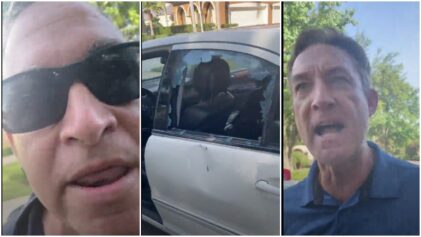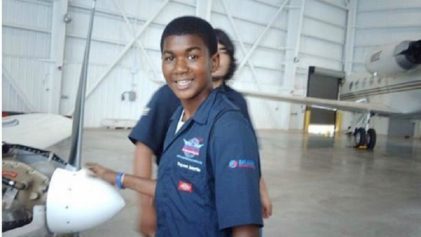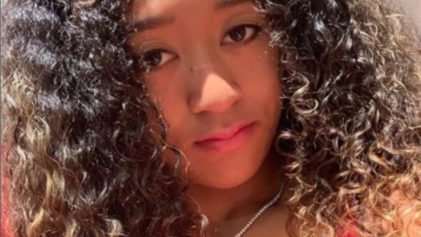As the prosecution wrapped up its case against George Zimmerman for the killing of 17-year-old Trayvon Martin, the emotional highlight of the day came from Trayvon’s mother, Sybrina Fulton, who testified that the screams heard in the background of a controversial 911 call were “absolutely” coming from her son.
The jury also heard Trayvon’s older brother, Jahvaris Martin, say the same thing—that it was Trayvon screaming for help on the call—though he had to concede upon questioning from the defense that he told a reporter he wasn’t sure the voice belonged to Trayvon.
The prosecution also presented medical examiner Dr. Shipping Bao, who told the jury that Trayvon was alive for a time after he was shot.
“His heart was still beating,” said Bao, who did the autopsy on Martin a day after his death. “He was still alive, he was still in pain, he was still suffering.”
The defense objected to that characterization—and Judge Deborah S. Nelson agreed.
Bao said based on his experience, Travyon was alive for 1 to 10 minutes after he was shot by Zimmerman’s gun, which had “loose contact” with his body.
After the prosecution rested with Bao’s testimony, Zimmerman defense attorney Mark O’Mara made his bid to have the case thrown out for lack of evidence, an oft-used defense strategy.
“There’s enormous evidence that my client acted in self-defense,” O’Mara said. “There is no other reasonable hypothesis.”
Mara told the judge that the prosecution failed to prove Zimmerman acted with ill-will, spite, or hatred, which is needed to convict someone of second degree murder. “I would suggest there’s no direct evidence to support second-degree murder,” O’Mara said, adding that the state failed to provide enough circumstantial evidence to prove their case.
He said multiple witnesses had conflicted themselves, creating reasonable doubt.
Judge Nelson has yet to rule on O’Mara’s bid.
The screams during the 911 call made by a neighbor in the subdivision have been the source of considerable controversy. An FBI audio expert testified that science could not definitively identify the voice, but the expert said someone who was very familiar with the voice like a relative might be able to say who it was.
Fulton did not disappoint, stately firmly that it was her son’s voice. When prosecutor Bernie de la Rionda, who kept Fulton on the stand only a few minutes, asked Fulton if she has children, she replied in a clear but slightly quavering voice, “My youngest son is Trayvon Benjamin Martin. He’s in heaven.”
In giving details of her son’s tattoos, Fulton said of the one on his left wrist: “He had my name there.”
As the prosecutor played the 911 call, Fulton blinked over and over and shifted slightly as the sound of the cries filled the courtroom.
“Do you recognize that?” De la Rionda asked.
“Yes,” she replied, before saying firmly that it was the voice of her son.
Under cross-examination, defense attorney Mark O’Mara tried to press her that she hoped the screams were her son’s because if they were not they would have come from Zimmerman.
“I heard my son screaming,” she told O’Mara.
“And in your mind, as his mother, there was no doubt it was him screaming, correct?” O’Mara said as the questioning continued.
“Absolutely,” Fulton said.
As for Trayvon’s brother, Jahvaris Martin, the 22-year-old conceded that he had at one point told a reporter that he wasn’t certain it was Martin’s voice.
“How do I explain?” he said, responding to O’Mara’s cross-examination. “I guess I didn’t want to believe it was him. … I guess listening to it was clouded by shock and denial and sadness.”


